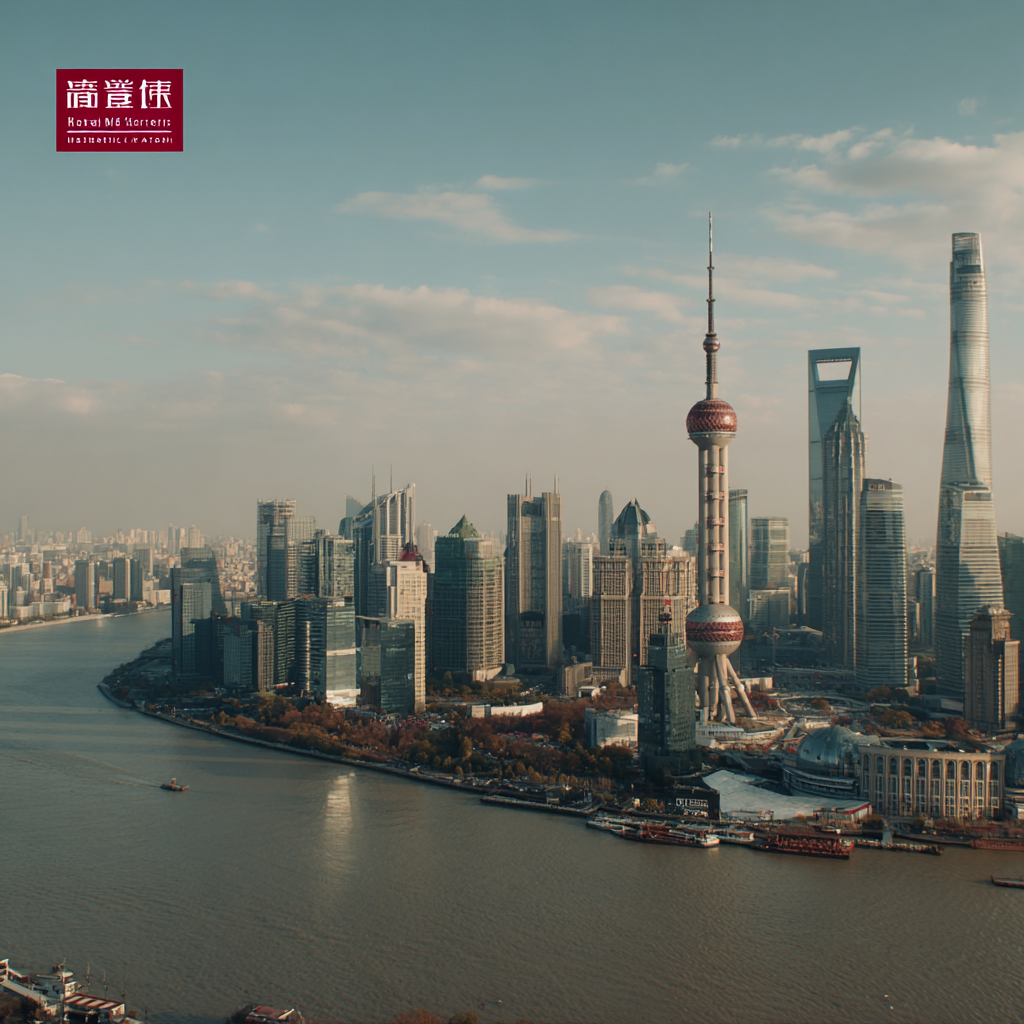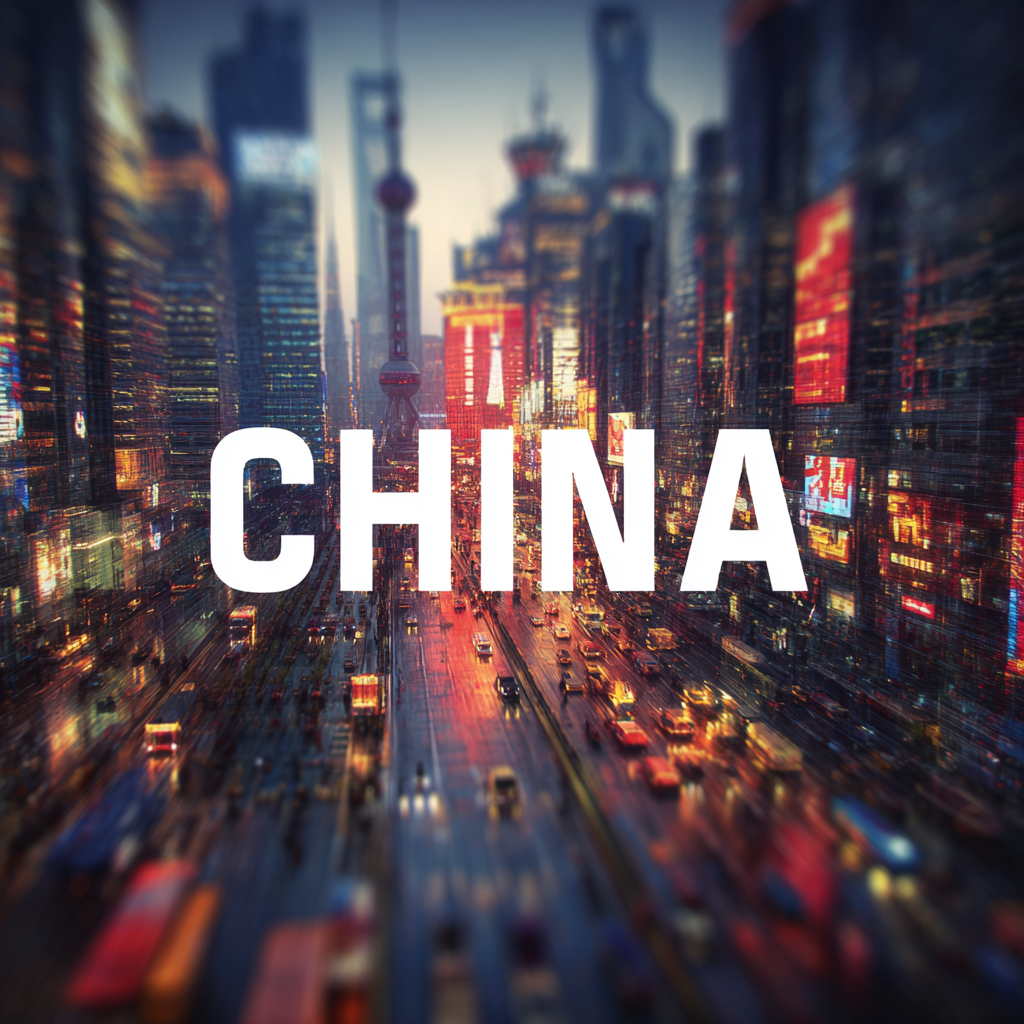


In today's interconnected global economy, China stands as a powerhouse of innovation and manufacturing, offering a wide array of products that compete on international stages. According to a report by McKinsey & Company, China's exports reached $2.59 trillion in 2020, marking its position as the largest exporter of goods worldwide. From high-tech gadgets to consumer electronics, the diversity of "Best China" products is not only characterized by their quality but also by their adaptability to various markets. For instance, the consumer electronics industry, valued at over $1 trillion globally, sees Chinese brands like Xiaomi and Huawei thriving on tailored solutions to customer needs and preferences. This blog will explore real-life success stories from different industries, showcasing how Chinese products have unlocked global markets and highlighting the unique features and applicability of diverse alternatives that define their success.

 In today's global marketplace, "Best China" products are leading the charge in various sectors by demonstrating remarkable innovation and adaptability. From high-tech electronics to sustainable fashion, these products are not only setting benchmarks but also reshaping consumer expectations worldwide. For instance, China's advancements in electric vehicles have propelled brands like BYD into the international spotlight, showcasing their commitment to environmentally friendly transportation solutions. As these companies penetrate foreign markets, they bring with them a blend of cutting-edge technology and unparalleled quality.
In today's global marketplace, "Best China" products are leading the charge in various sectors by demonstrating remarkable innovation and adaptability. From high-tech electronics to sustainable fashion, these products are not only setting benchmarks but also reshaping consumer expectations worldwide. For instance, China's advancements in electric vehicles have propelled brands like BYD into the international spotlight, showcasing their commitment to environmentally friendly transportation solutions. As these companies penetrate foreign markets, they bring with them a blend of cutting-edge technology and unparalleled quality.
In the realm of healthcare, Chinese firms have made significant strides in medical technology, providing high-quality equipment at competitive prices. This is evident in the growing acceptance of Chinese diagnostic tools and telemedicine solutions across developing countries. By tailoring their products to meet local needs while adhering to global standards, these innovations are improving healthcare accessibility and efficiency. Such examples underscore how "Best China" products are not just thriving domestically but also carving out a niche on the global stage, ultimately influencing industry practices and consumer choices around the world.
In recent years, Chinese products have increasingly made their mark across a variety of industries, effectively redefining global standards. The manufacturing sector, long considered the backbone of China's economic prowess, has seen remarkable advancements. According to a report by McKinsey, China's manufacturing output is projected to reach approximately $4.3 trillion by 2025, reflecting an unprecedented shift towards automation and smart manufacturing technologies. Companies like Huawei and Xiaomi exemplify this transformation, pushing the boundaries of consumer electronics and telecommunications with innovative features and competitive pricing.
The technology sector presents another area where Chinese products are reshaping global landscapes. A report from the International Data Corporation (IDC) highlights that China's share of the global smartphone market reached 27% in 2023, driven by the rise of domestic brands that prioritize cutting-edge features and affordability. Additionally, the growth of AI and machine learning technologies in China has been impressive, with investments expected to exceed $22 billion annually by 2025, as businesses seek to leverage data analytics for improved decision-making. These trends underscore the shift in perception regarding Chinese products, showcasing their ability to compete with established global players across diverse industries.
| Industry | Product Type | Key Features | Market Reach | Success Story |
|---|---|---|---|---|
| Manufacturing | Smart Home Devices | IoT Integration, Energy Efficiency | Global Markets, 40+ countries | Innovative designs transforming everyday living |
| Tech | 5G Devices | Ultra-Fast Connectivity, Low Latency | Asia, Europe, North America | Pioneering the next generation of communication technology |
| Automotive | Electric Vehicles | Long Range, Fast Charging | Global distribution, over 30 countries | Leading the charge in sustainable transportation |
| Consumer Electronics | Smartphones | High Specs, Affordable Price | Worldwide, top-selling in several markets | Combining quality and affordability to capture users |
| E-commerce | Online Retail Platforms | Wide Selection, Competitive Pricing | Millions globally, market leader in Asia | Revolutionizing the shopping experience with technology |
The global marketplace is rapidly evolving, and Chinese innovations are increasingly setting the standard across diverse industries. From consumer electronics to renewable energy, the "Best China" products are at the forefront of technological advancement. Key features such as advanced manufacturing techniques, high-quality materials, and user-friendly design play a crucial role in their international success. For instance, cutting-edge smartphones from China often incorporate top-tier processors, high-resolution cameras, and extended battery life, catering to the tech-savvy consumer.

In the realm of sustainable solutions, Chinese innovations like solar panels boast impressive technical specifications, improving efficiency through optimized cell design and innovative coatings. These products not only contribute to clean energy goals but also offer competitive pricing and durability that attract global buyers. Another success story is found in the automotive industry, where electric vehicles from Chinese manufacturers come equipped with state-of-the-art battery technology and smart connectivity features, appealing to environmentally conscious consumers worldwide. Such attributes underscore the potential of "Best China" products to not only penetrate but also thrive in international markets.
The global marketplace is increasingly recognizing the exceptional quality and innovation of "Best China" products across various industries. In the electronics sector, for instance, a recent report from the International Data Corporation (IDC) indicated that China accounted for over 30% of global smartphone shipments in 2022, highlighting the country’s prowess in electronics manufacturing. Brands like Xiaomi and Huawei have not only established significant market shares in regions including Europe and Africa but have also outperformed many established competitors by integrating advanced features and competitive pricing strategies.
In the textile industry, the "Best China" label expands beyond mere production to encompass sustainable practices. According to a study by McKinsey & Company, Chinese textile exports reached $102 billion in 2022, with a substantial surge in demand for sustainable and eco-friendly products. Leading brands such as Anta Sports have successfully penetrated international markets by emphasizing their commitment to sustainability, enhancing their global appeal and resonating with environmentally-conscious consumers. This strategic focus not only boosts sales but also reposition China's textile industry as a leader in responsible sourcing, offering a pathway for future growth in foreign markets.
In recent years, Chinese products have significantly penetrated global markets, showcasing resilience and adaptability in the face of rising tariffs and geopolitical tensions. A key strategy behind this success hinges on innovation and quality. Industry reports indicate that China's exports have evolved, with high-tech products, particularly in the semiconductor and electronics sectors, now accounting for over 40% of total exports, up from just 25% a decade ago. This transformation has allowed Chinese companies to not only meet international standards but to set them, creating a competitive edge in diverse industries.
Moreover, the ongoing shift in trade policies, notably the U.S. stance on tariffs, has prompted Chinese manufacturers to reassess their global strategies. Data from recent industry analysis suggest that while tariffs have posed challenges, they have also spurred Chinese firms to diversify their supply chains and invest in new technologies. For instance, China's semiconductor ambitions are reshaping the global tech landscape, with projections indicating that the domestic semiconductor market could exceed $200 billion by 2025. Such strategic pivots reflect a robust adaptability to market demands and geopolitical challenges, emphasizing the importance of resilience in maintaining competitive advantage abroad.